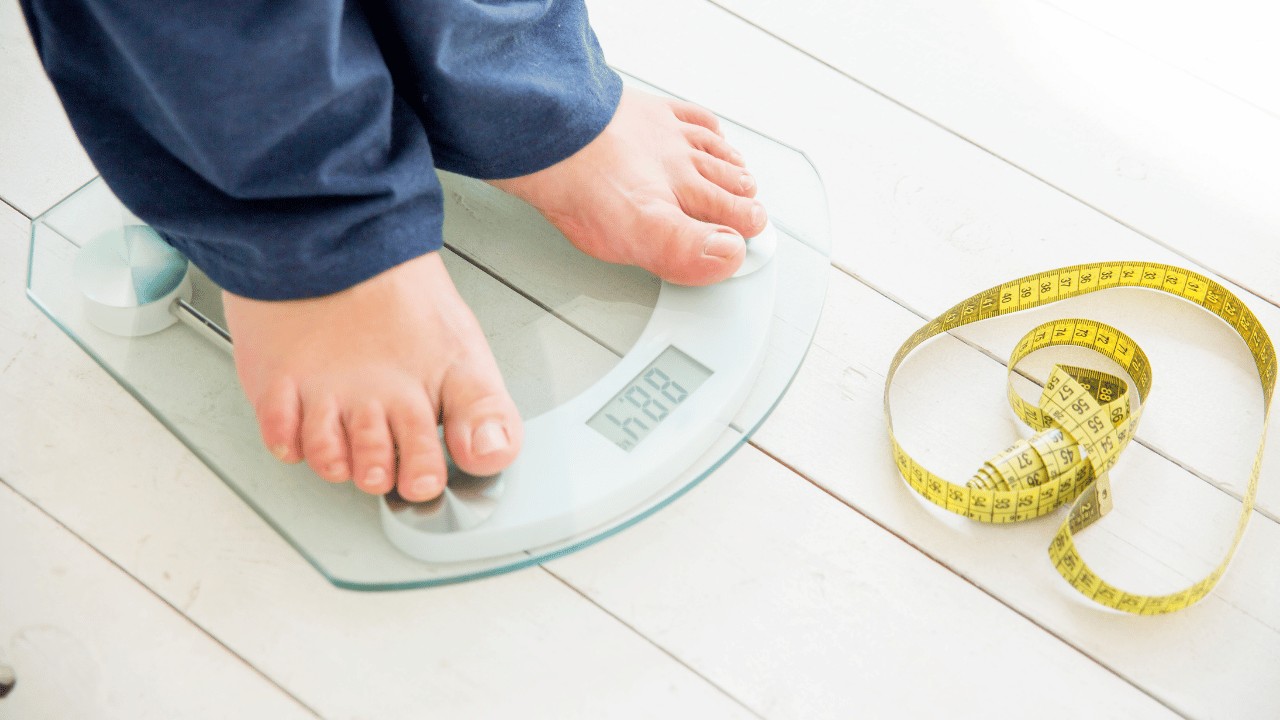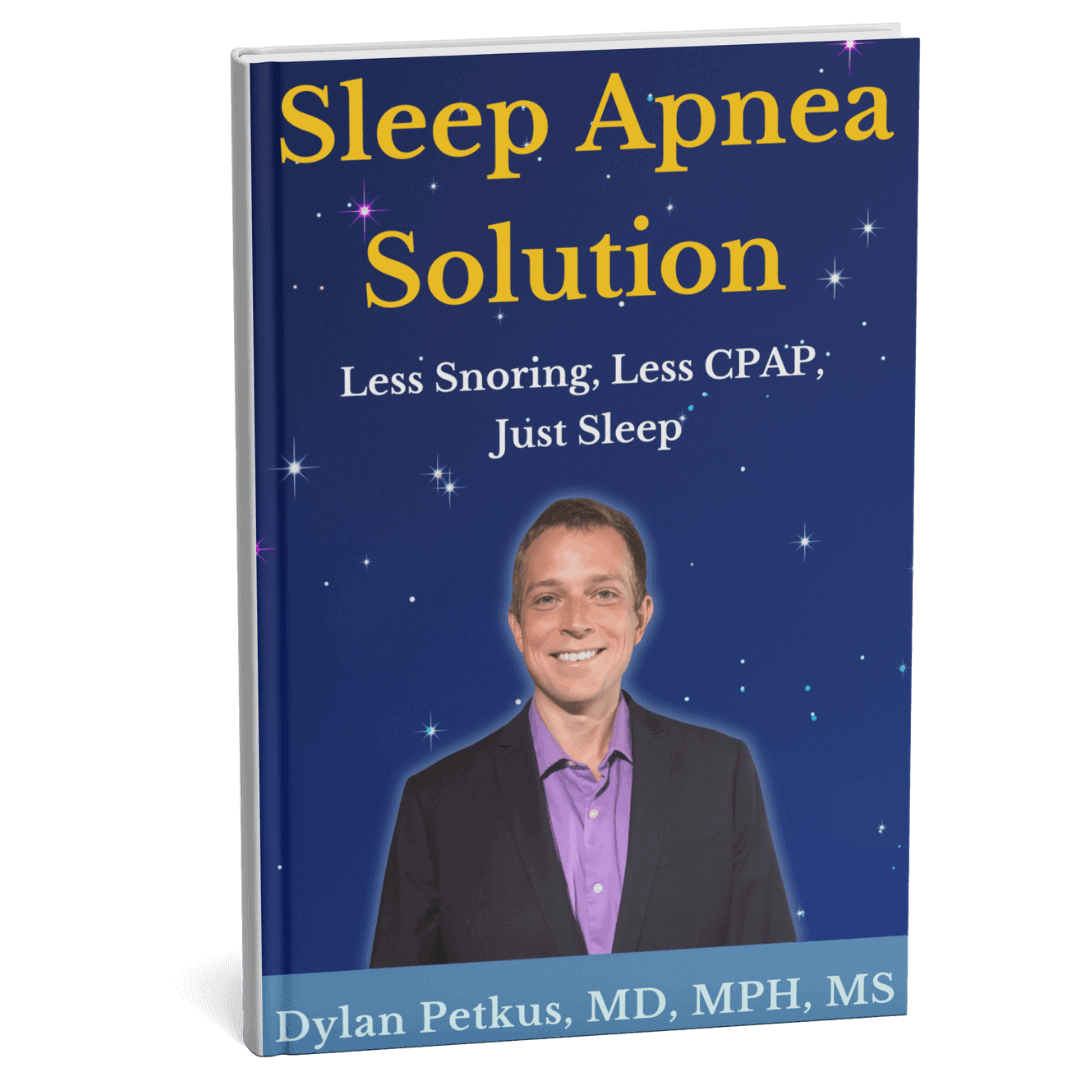Restless nights and loud snoring brought on by sleep apnea can result in unwanted side effects. For one, when you sleep less, you are often prone to gaining weight. The more weight you carry, the worse your sleep apnea condition may become.
If you’re searching for a solution for sleep apnea, look no further. In this article, we’ll break down the connection between sleep apnea and weight gain and provide some healthy lifestyle choices to consider when trying to overcome your sleep disorder.
Sleep Apnea and Weight Gain
At a time when you’re already struggling to breathe correctly, being overweight can further restrict your airways due to a buildup of fat. This can worsen your sleep apnea.
According to Healthline, gaining weight is likely when dealing with sleep apnea. The disorder can significantly impact daily functioning and hormone levels.
We know you have lots of questions. Can losing weight cure sleep apnea? How does sleep apnea impact your weight? Here are a few ways a sleep disorder can impact your weight:
- You may find yourself hungrier for longer.
- Less sleep means less energy for exercise.
- Your hormones may be out of whack.
- You may develop a slower metabolism and find it harder to burn calories.
- Higher levels of stress and cortisol can influence weight gain.

Can sleep apnea cause high blood pressure? Yes–medical experts at Mayo Clinic claim that constant interruptions to nighttime rest can cause your oxygen levels to drop, and this can contribute to higher-than-normal blood pressure. You may find that your blood pressure rises more often at night, which can also be common for those with sleep apnea.
How Weight Loss Can Help
While it may not completely cure your sleep apnea, losing weight can certainly help your sleep apnea and overall health. Its success varies depending on each person’s underlying health and the severity and type of sleep apnea.
If losing weight is something you’d like to try, the American Thoracic Society suggests that losing as little as 5% to 10% of your body weight can help with sleep apnea. Eating a balanced diet, getting regular exercise, and limiting your alcohol or tobacco use are also important to consider. Of course, before you begin a weight loss program, it’s always a good idea to discuss options you’d like to pursue with your doctor first.

Catching Your Breath (The Natural Way)
Dr. Dylan Petkus struggled with obstructive sleep apnea, and with the right breathing exercises, he’s now sleeping through the night. His success is based on a process he details in his book, Sleep Apnea Solution. Dr. Petkus details how slower breathing can promote easier nighttime breathing and offers helpful resources for sleep apnea nutrition, resetting your nervous system, and making circadian routine upgrades.
If this piqued your interest, consider reading Sleep Apnea Solution. You can find it at OptimalCircadianHealth.com!



